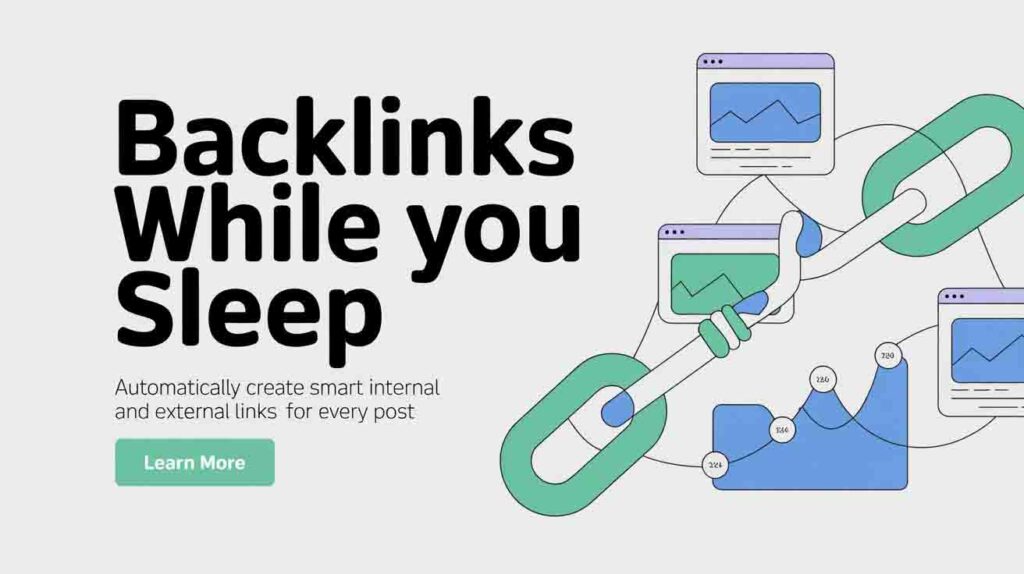Critical Imunify360 Vulnerability Puts 56M Sites at Risk
A critical local privilege escalation vulnerability has been identified in Imunify360 and ImunifyAV, two widely used security solutions designed to protect web servers. Affecting potentially up to 56 million websites globally, this flaw, assigned CVE-2023-4558 for Imunify360 and CVE-2023-4559 for ImunifyAV, allows an attacker with local access to gain root privileges on a server. The vulnerability specifically resides within the `clamav-connector` utility, a component responsible for integrating ClamAV functionalities, and enables an unprivileged user to execute arbitrary code with elevated permissions, effectively leading to a full server takeover.
The risks associated with this vulnerability are profound and immediate. Gaining root access means an attacker can completely control the compromised server, bypassing all security measures. This level of access facilitates severe consequences such as extensive data theft, deployment of sophisticated malware, website defacement, and the use of the server for further malicious activities like launching spam campaigns or DDoS attacks. For businesses and individuals relying on these security solutions, the vulnerability turns their protective measures into a potential gateway for compromise, severely undermining the trust placed in such critical software.
Imunify360 and ImunifyAV are developed by CloudLinux and are renowned for providing comprehensive server security, including advanced antivirus, firewall, web application firewall (WAF), intrusion detection/prevention systems (IDS/IPS), and patch management. The intended benefits of these solutions are robust protection against a myriad of cyber threats, ensuring website stability and data integrity. However, this vulnerability negates these benefits for unpatched systems. CloudLinux promptly discovered and addressed the flaw, releasing critical patches (versions 6.18.5 and 7.1.3 for both products). While automatic updates are often enabled, administrators are strongly urged to verify their systems have been updated to the secure versions.
This situation highlights the continuous cat-and-mouse game in cybersecurity, where even security software can harbor critical flaws. System administrators and hosting providers must prioritize immediate application of these patches. Failure to update leaves servers highly susceptible to exploitation, posing significant risks to their infrastructure and client data. Proactive patching is the only effective defense against this severe vulnerability, ensuring the intended security benefits of Imunify360 and ImunifyAV are fully restored and maintained.









